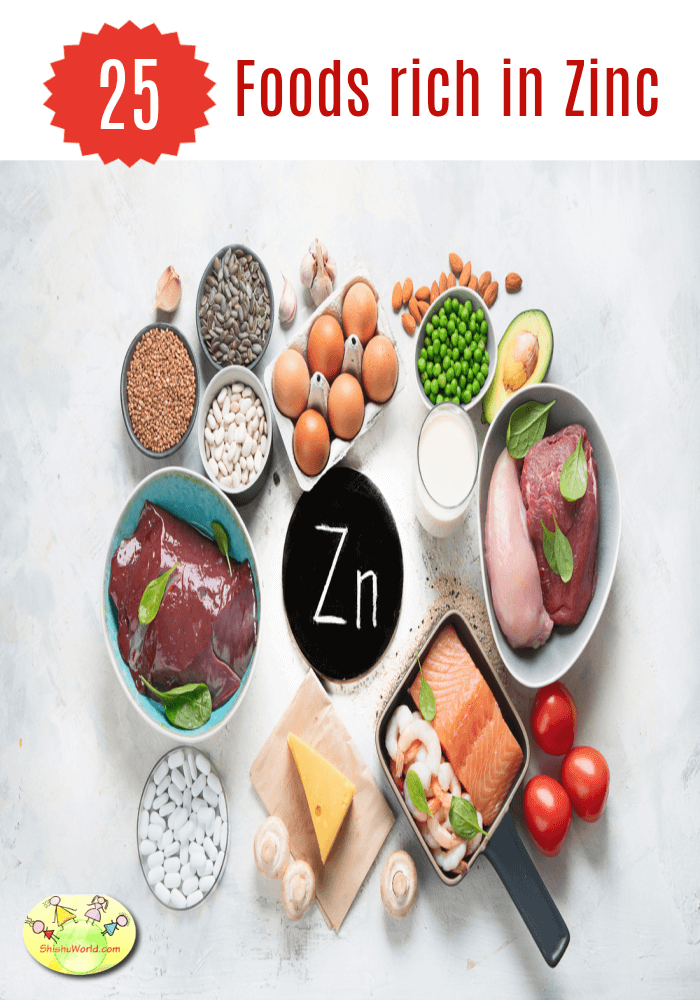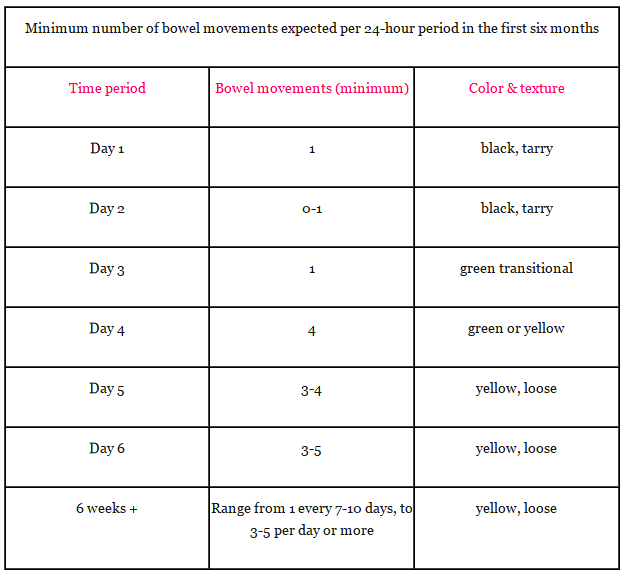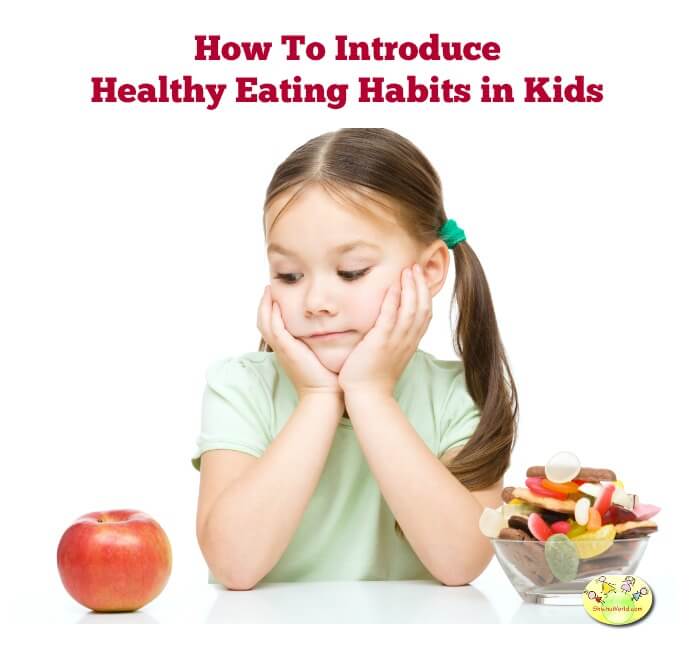Vegetarian sources of Zinc in food
Non-vegetarian sources of Zinc in food
Boosting immune system naturally
Importance of Zinc in human body
Zinc is an essential trace mineral needed for body’s proper growth and development. Among the trace minerals, zinc element is only second to iron in terms of concentration in the body. Zinc is found in cells throughout the body. It is required for the immune system to work properly. It has a role in cell division, cell growth, healing of wounds as well as metabolism of carbohydrates.
Why is Zinc required?
- Zinc is required during infancy and childhood for proper growth and development
- Zinc is also needed for healthy pregnancy.
- Zinc is also required for the senses of smell and taste.
- Studies have revealed that regular consumption of zinc rich foods can reduce the incidence of common cold in kids.
- It also helps in wound healing.
- Zinc is also needed for proper functioning of insulin.
Our body doesn’t store zinc, so we need to eat enough of it every day to ensure that we are meeting our daily requirements. Some people are at risk of a zinc deficiency like young children, teenagers, the elderly and women who are pregnant or breastfeeding. A balanced diet with enough zin-rich foods can ensure that their body’s needs are met.
How do babies get zinc?
A common query that new parents have is how to ensure enough zinc in a newborn baby’s diet. If you too have the same question that rest assured that breastmilk provides sufficient zinc for baby’s needs. For formula-fed babies, formula has enough zinc, so you need not worry. But after that, one needs to keep an eye of child’s diet so that he/she has enough zinc in their diet.

Age-wise daily recommended allowance for Zinc
| 0-6 Months | 2 mg |
| 7 Months to 3 Years | 3 mg |
| 4 – 8 Years | 5 mg |
| 9 – 13 Years | 8 mg |
| 14- 18 Years | 11 mg |
Top 20 Best Foods That Are High in Zinc
You should include following foods in your child’s regular diet to ensure he/she is getting ample amount of Zinc through his/her diet.
1) Lentils
Lentils are an indispensable part of daily Indian diet and you must include them in your child’s daily diet. Lentils however have phytates which hamper the absorption of zinc from lentils. Soaking the lentils for at least half an hour as well as fermentation can improve zinc’s bioavailability. You can give lentils as dal and other recipes.
Recipes to include lentils in everyday diets
10 Khichdi recipes for babies, toddlers and kids
2) Sesame seeds
Sesame seeds are a good source of zinc, both white sesame seeds and black sesame seeds. Other than zinc it is also a good source of plant protein and fibre, so we must include sesame seeds in different forms.
Sesame seeds can be used in the form of Til ke Laddoo
Add it in recipes like Vegetable Stir- fry
Til or sesame seeds are also used in hummus and different chutneys.
3) Red Meat
Red meat is a rich source of zinc, so if you are a meat-eater then you can include red meat occasionally in your diet. Red meat includes meats like lamb, pork and beef. Red meats have been linked to higher incidence of heart related diseases, so you must follow discretion while consuming large amounts and try to stay away from the processed meats, as processed meats are often the culprit than unprocessed meats as long as you are also consuming plenty of fruits and vegetables.
4) Egg
Eggs are the easiest way to include animal protein in your and your child’s diet and a lot of people who stay away from meats do not mind having eggs. Eggs have moderate amount of zinc in them and regular consumption can help you get your required amount.
5) Fish
Fish specially shellfish are a good source of zinc. Shellfish such as prawns, shrimps, crabs and oyster are rich in zinc. Fishes like flounder, sardines, salmon and sole are also good sources of zinc.
6) Poultry
you can include poultry like chicken and turkey to your regular diet. They both have moderate amounts of zinc in them and can help you meet your daily requirement. You can include them in a variety of dishes such as curries, soups, roasts, sandwiches etc.
7) Flax seeds
Flax seeds (Alsi in Hindi) are hailed as super foods and contain zinc too. You can add them in regular diet on top of cereals, oatmeals etc. They can also be used to make chutneys and laddoos. It can also be added to recipes like sathu mavu for babies and toddlers.
8) Nuts
Nuts can boost your zinc intake. Nuts such as cashew nuts, almonds as well as peanuts can be consumed on regular basis. If you want to boost your zinc intake then, cashew nuts are a good bet.
9) Milk
Milk and Dairy products should be included in your child’s diet as they contain high amounts of bioavailable Zinc, which means most of the zinc contained in these products can be absorbed by the body.
10) Cheese
11) Yogurt
12) Wholewheat
Wholewheat as well as other whole grains like rice, oats and quinoa are good sources of zinc. Make a point to use whole grains and not processed varieties.
13) Millets like Ragi / Finger millet
Millets are a powerhouse of nutrition and also contain good amount of Zinc. Ragi, jowar, bajra, foxtail millet are all rich in various minerals as well as zinc.
14) Sweet Potato
8 Sweet potato recipes for babies
15) Potato
16) Mushrooms
Mushrooms are a low calorie source of zinc and can be added to your diet every week in various forms as mushroom pulao, sir fries, noodles, pastas and much more.
17) Pumpkin seeds
Pumpkin seeds like other seeds are also moderate source of zinc and can be included in diet as snacks.
18) Chia seeds
Nutrient profile of chia seeds is quite similar to Flax seeds.
19) Oats
20) Brown rice
21) Dark Chocolate
Dark chocolate without added milk and sugar is a tasty way to include zinc naturally in your diet.
22) Chickpeas
23) Dried Beans
Dried beans like kidney beans (rajma), black eyed peas( lobia) , butter beans, black beans, fava beans are all good vegetarian source of zinc.
Is there anything like too much zinc? What is zinc toxicity?
Just as a deficiency in Zinc can cause health complications, excessive intake of Zinc can also lead to negative side effects. If Zinc supplements are taken in excess, then it can lead to toxicity.
Symptoms of Zinc toxicity
- Nausea and vomiting
- Headaches
- Loss of appetite
- Diarrhea
- Abdominal cramps
- Immune function dysfunction
Recommended
Immunity building 5 minute peanut laddu
5 Home remedies to build child’s Immunity naturally







